1. What is a carrier oil?
A carrier oil is used to dilute an essential oil. (But, don’t worry. It won’t change its quality.)
2. When should I use a carrier oil?
If you plan to use essential oils topically, plan to use a carrier oil. Just like the name suggests, a carrier oil helps carry the essential oil onto your skin.
3. Why use a carrier oil?
A carrier oil can improve your aromatherapy experience by:
- Reducing skin sensitivity. Essential oils are strong enough to work wonders on your well-being. Because they’re so highly concentrated, they can be 50 to 70 percent more potent than the herb they came from—which is why diluting them is so important.
- Covering a large part of your body. Using a carrier oil helps your essential oil go further and last longer. A single drop of essential oil couldn’t possibly cover your whole back, but when mixed with carrier oil, it can.
4. What kind of oil can I use?
Many carrier oils exist, with the most common being:
- Apricot oil
- Avocado oil
- Coconut oil
- Grapeseed oil
- Hempseed oil
- Jojoba oil
- Olive oil
- Rosehip oil
- Sesame seed oil
- Sunflower oil
- Sweet almond oil
Hint: You probably have at least one carrier oil already in your home.
5. How much carrier oil do I need?
The standard rule of thumb for an adult is ½ tsp. carrier oil for every 1 to 3 drops essential oil.
6. How do I use a carrier oil?
The process can take seconds, while the effects can last hours. To dilute your essential oil with a carrier oil, just follow these instructions:

New to essential oils? Before you try using them topically, try doing a quick patch test. Here’s how.

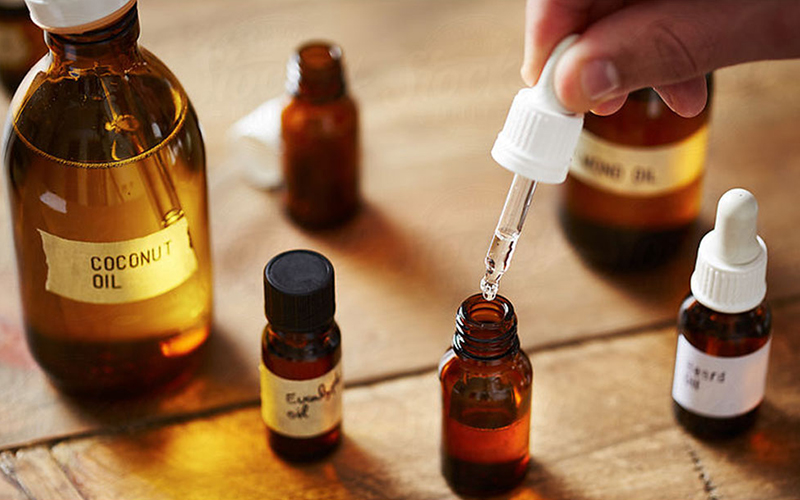






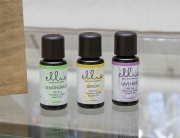

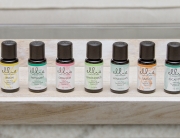




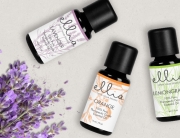



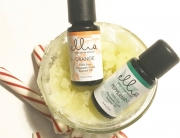




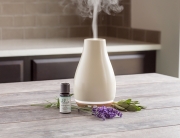


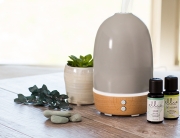
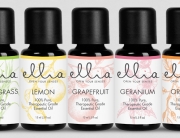
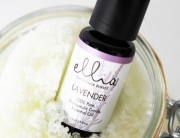













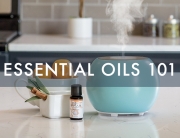





What grade are your oils?